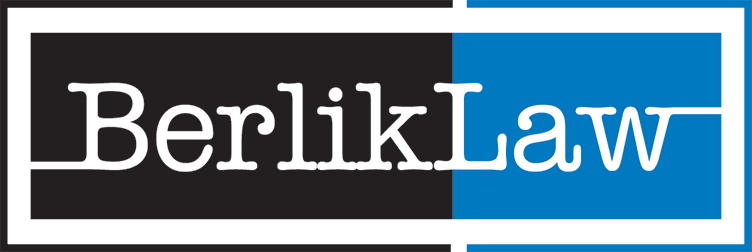Trademark Infringement
Trademark infringement litigation is often brought in Northern Virginia's federal court by experienced lawyers familiar with its deserved reputation as a fast-moving "rocket docket." With divisions located in Alexandria, Norfolk, Richmond, and Newport News, Virginia's "Eastern District" federal court is known as one of the most efficient in the country for handling intellectual property litigation such as matters involving trademark infringement. Our trademark lawyers are skilled navigators of the Virginia court system and are well-versed in both the Local Rules and the various pre-trial and standing orders that govern trademark litigation and trial practice in Virginia's federal courts.
A trademark is a type of intellectual property that generally consists of a distinctive sign or indicator used to identify the originating source of the products associated with the trademark, so that consumers can distinguish the trademark owner's products from those originating from other sources. At BerlikLaw, our lawyers understand the need to prevent competitors from trading on the goodwill of your brand or business name and we pursue those who would attempt to infringe your trademarks in both federal court and Virginia state court. Typically, in addition to seeking monetary relief for past acts of trademark infringement, we seek preliminary and permanent injunctive relief for our clients in the form of a court order prohibiting future trademark infringement. While trademark litigation is settled promptly in most cases, we prepare each case as though it will be tried, so that we will be ready for anything should a quick settlement fail to materialize.
Our trademark litigation practice also includes the protection of our clients' domain names under the Anticybersquatting Consumer Protection Act, a federal statute designed to protect against those who register or use a domain name confusingly similar to, or dilutive of, a trademark belonging to someone else. When you retain BerlikLaw to protect against trademark infringement in the form of such "cybersquatting," (generally defined as the practice of registering a domain name containing somebody else's name or trademark with the intention of either profiting from the resulting confusion or of selling the domain name to the less-Internet-savvy trademark owner), an experienced trademark lawyer will promptly investigate--using both informal means as well as formal methods such as through the use of subpoenas, interrogatories, document requests, and depositions--the degree to which the prospective defendant had a bad-faith intent to profit from using the confusingly similar domain name and will pursue monetary damages and/or injunctive relief accordingly.
Even without a registered trademark, Virginia common law provides remedies to businesses victimized by acts of unfair competition by a competitor or other business. The tort of unfair competition addresses the situation where goods of one company are palmed off as those of another, the buyer is intentionally deceived, and the seller receives profits he would not have enjoyed but for the deception. The tort does not cover other forms of unfair business practices. The unfair competition covered by the tort is directed not at the complaining party but at its customers or other third parties.
 Fairfax, Virginia Trademark Infringement Attorney BerlikLaw Home
Fairfax, Virginia Trademark Infringement Attorney BerlikLaw Home





